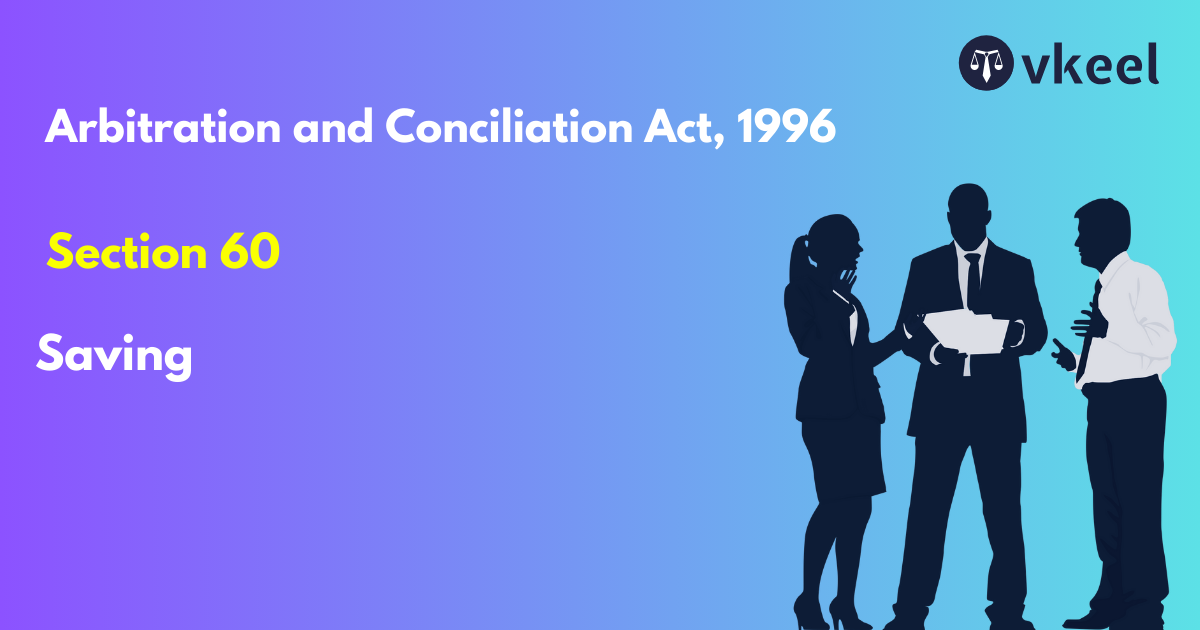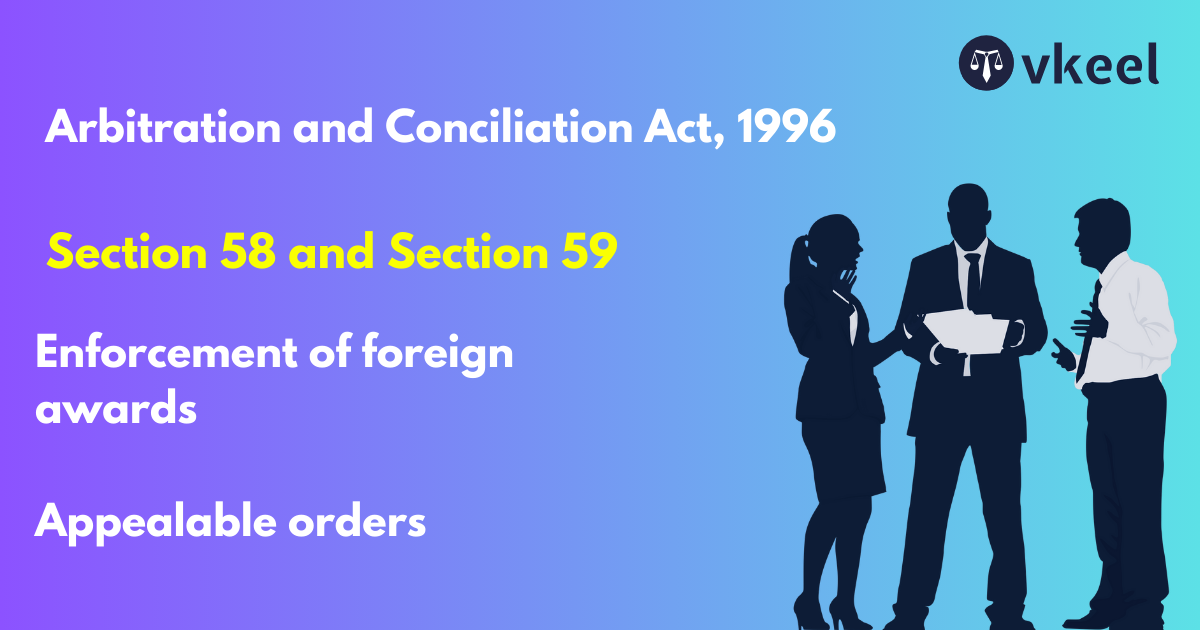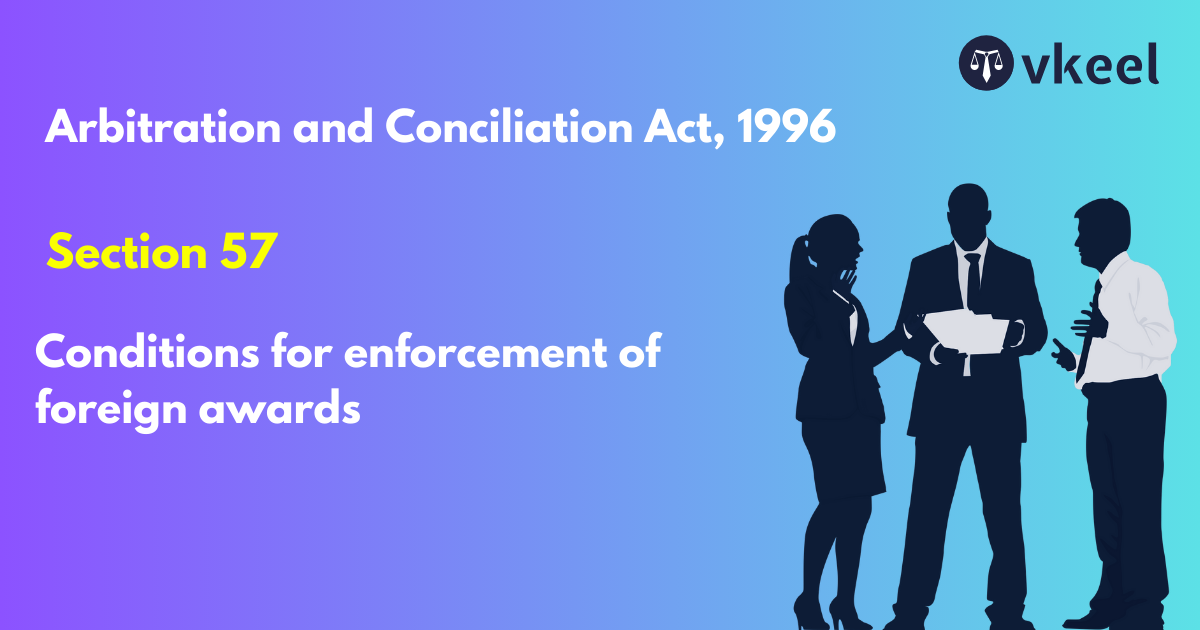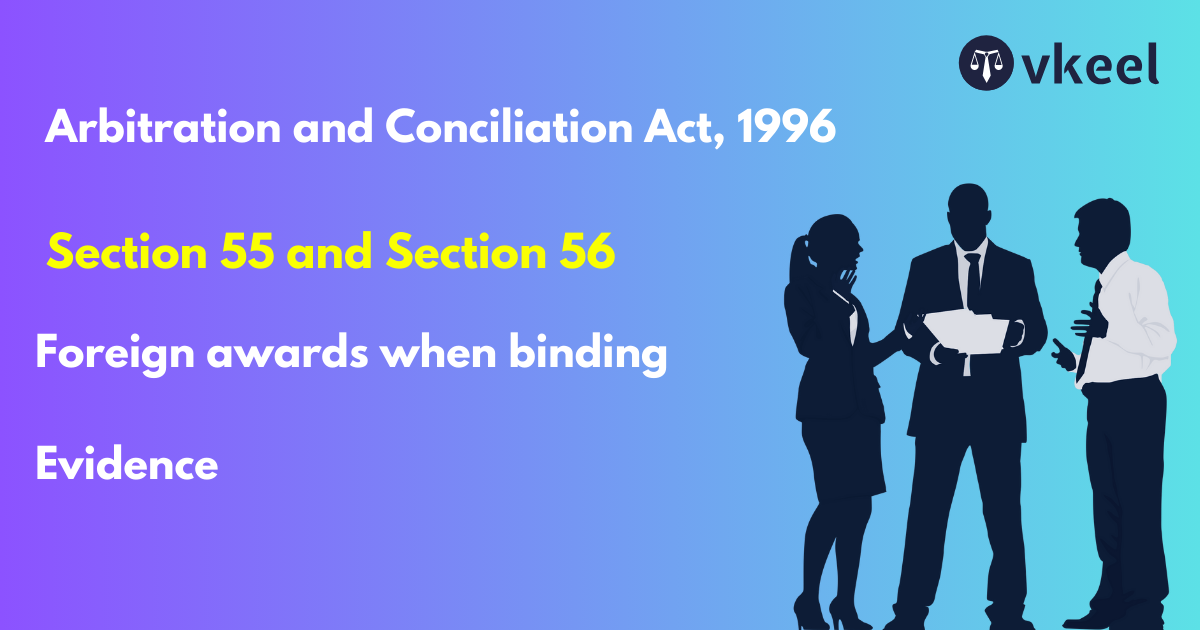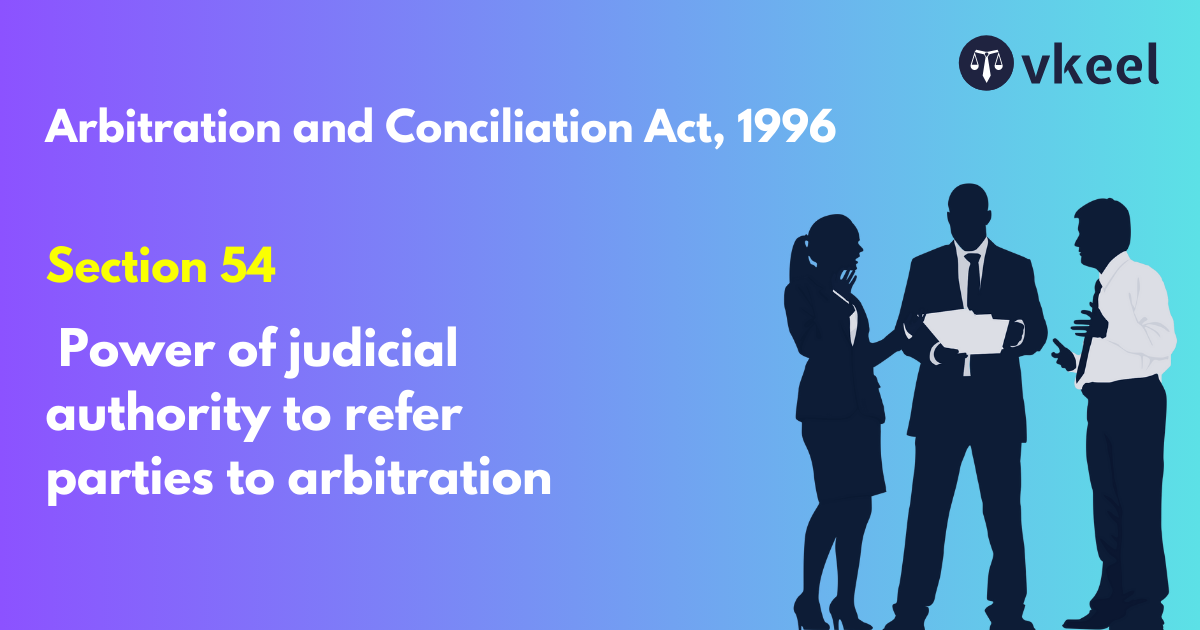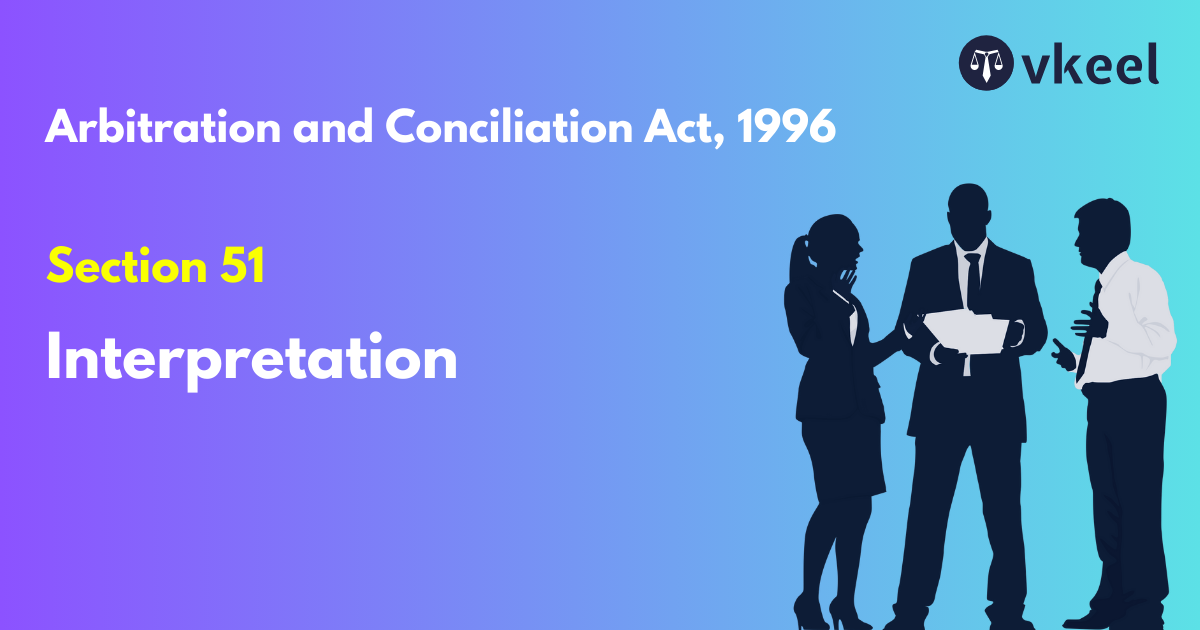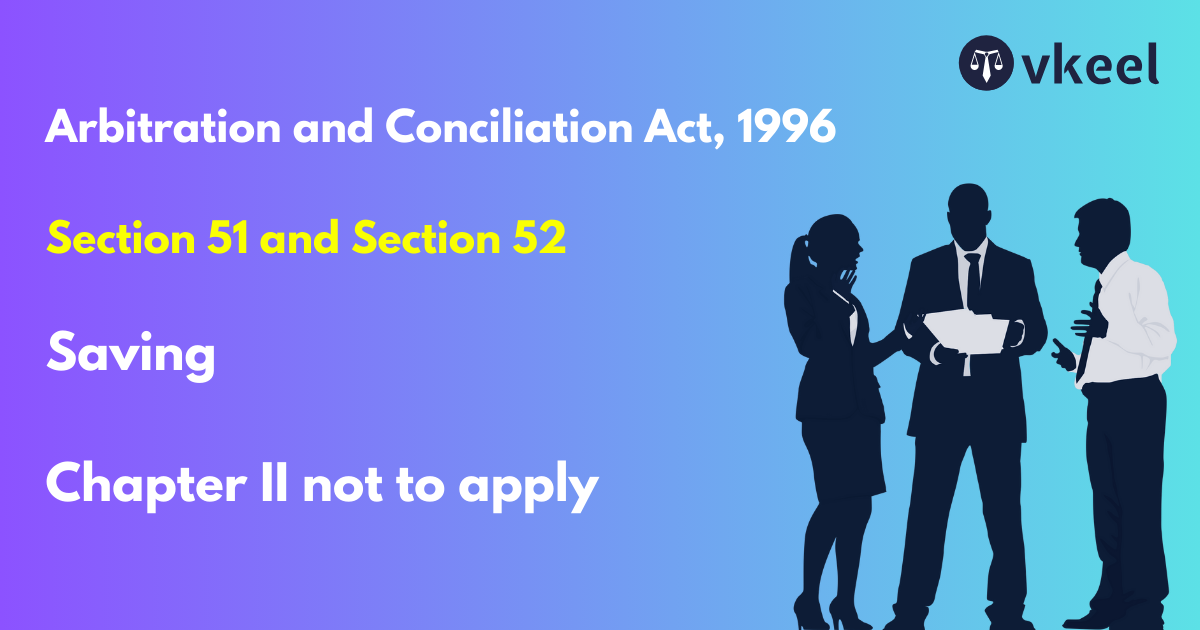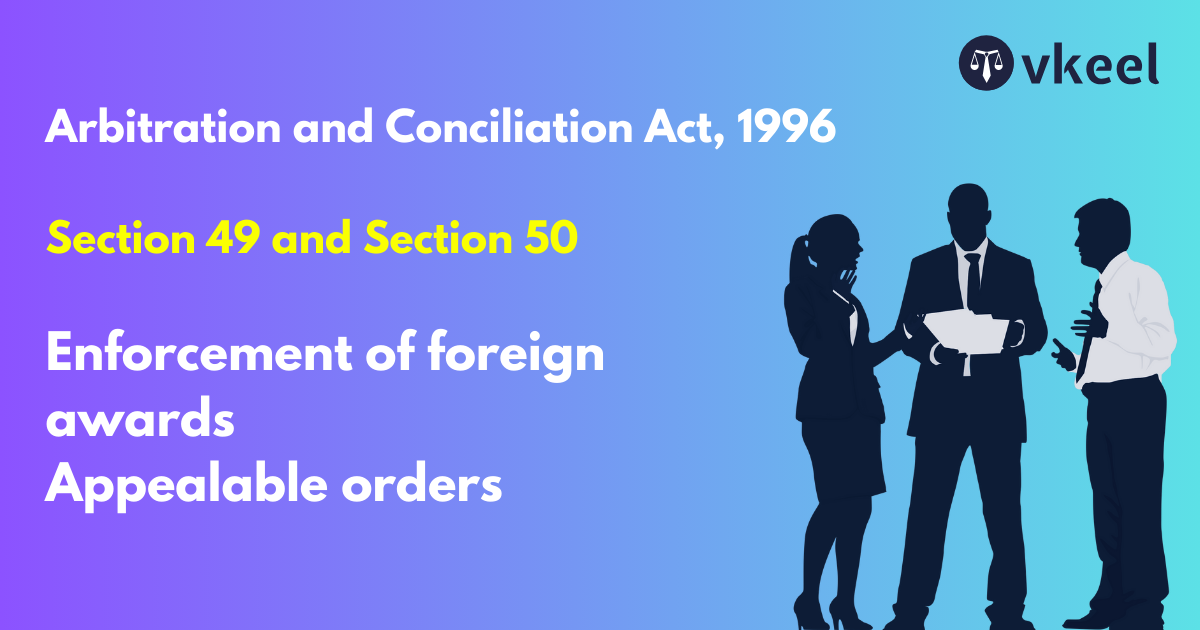Section 48: Arbitration and Conciliation Act, 1996
By Nivedita Dhiman
Table of Contents
Introduction of Section 48
Section 48 of the arbitration and conciliation act lays down provisions for enforcement of foreign awards and also the discretion of the Indian courts to refuse execution. The act does not make any distinction between domestic and international public policy. A perusal of this section would reveal that an application to assail a foreign award is independent of the said provision relating to setting aside or suspension of the foreign award.
Section 48 of arbitration and conciliation act
Conditions for enforcement of foreign awards
(1) Enforcement of a foreign award may be refused, at the request of the party against whom it is invoked, only if that party furnishes to the court proof that—
(a) the parties to the agreement referred to in section 44 were, under the law applicable to them, under some incapacity, or the said agreement is not valid under the law to which the parties have subjected it or, failing any indication thereon, under the law of the country where the award was made; or
(b) the party against whom the award is invoked was not given proper notice of the appointment of the arbitrator or of the arbitral proceedings or was otherwise unable to present his case; or
(c) the award deals with a difference not contemplated by or not falling within the terms of the submission to arbitration, or it contains decisions on matters beyond the scope of the submission to arbitration:
Provided that, if the decisions on matters submitted to arbitration can be separated from those not so submitted, that part of the award which contains decisions on matters submitted to arbitration may be enforced; or
(d) the composition of the arbitral authority or the arbitral procedure was not in accordance with the agreement of the parties, or, failing such agreement, was not in accordance with the law of the country where the arbitration took place ; or
(e) the award has not yet become binding on the parties, or has been set aside or suspended by a competent authority of the country in which, or under the law of which, that award was made.
(2) Enforcement of an arbitral award may also be refused if the Court finds that—
(a) the subject-matter of the difference is not capable of settlement by arbitration under the law of India; or
(b) the enforcement of the award would be contrary to the public policy of India.
1[Explanation 1.—For the avoidance of any doubt, it is clarified that an award is in conflict with the public policy of India, only if,—
(i) the making of the award was induced or affected by fraud or corruption or was in violation of section 75 or section 81; or
(ii) it is in contravention with the fundamental policy of Indian law; or
(iii) it is in conflict with the most basic notions of morality or justice.
Explanation 2.—For the avoidance of doubt, the test as to whether there is a contravention with the fundamental policy of Indian law shall not entail a review on the merits of the dispute.]
(3) If an application for the setting aside or suspension of the award has been made to a competent authority referred to in clause (e) of sub-section (1) the Court may, if it considers it proper, adjourn the decision on the enforcement of the award and may also, on the application of the party claiming enforcement of the award, order the other party to give suitable security.
Landmark Judgements of Section 48
Japan Travel Services vs All Nippons Airways Co Ltd, 2010
A foreign award can only be enforced if it fulfills the conditions prescribed under this section for enforcement of foreign awards and such a foreign award does not fall foul of section 34(2) of the 1996 act. A foreign award would not only be unenforceable but also liable to be set aside if the composition of the arbitral tribunal was not in accordance with the agreement executed between the parties.
Furest Day Lawson Ltd vs Jindal Exports Ltd,1999
Once the award is held to be enforceable by the court then the same becomes binding on all the parties connected with the said award and thus the said award becomes deemed decree in accordance with provisions of the act.
Conclusion of Section 48
Under this section, the court has been empowered to refuse enforcement of a foreign award if the party against whom the foreign award is sought to be enforced is able to prove and establish that any of the grounds mentioned therein is satisfied. There is no provision for moving an application for setting aside a foreign award.
Disclaimer:
The information provided in the article is for general informational purposes only, and is not intended to constitute legal advice or to be relied upon as a substitute for legal advice. Furthermore, any information contained in the article is not guaranteed to be current, complete or accurate. If you require legal advice or representation, you should contact an attorney or law firm directly. We are not responsible for any damages resulting from any reliance on the content of this website.



